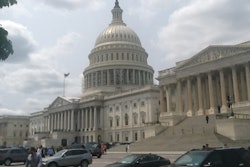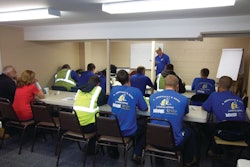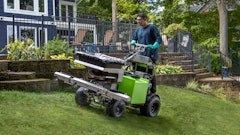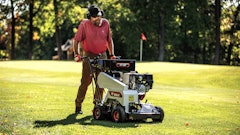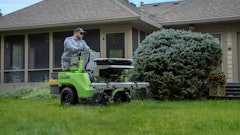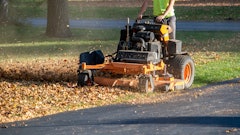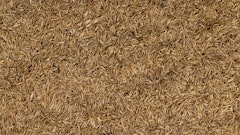The proposed expansion of the definition "waters of the U.S." under the Clean Water Act would subject all waters to regulation, including man-made water bodies, rights-of-way, golf course ponds, ditches and flood plains. As written the rule would impact every pesticide and fertilizer application, and require permits for professionals and homeowners—even on private property.
RISE (Responsible Industry for a Sound Environment) is addressing the potential increased public health risks, and how homeowners and professionals would be significantly impacted in their ability to treat property near any water, according to the proposed rule published in the Federal Register today by the U.S. Environmental Protection Agency and the Army Corp of Engineers.
"Homeowners would no longer be able to treat their own property under the Clean Water Act if they live near any waters, unless they obtained a permit," said Aaron Hobbs, RISE president. "Also, important public health and safety uses will be adversely impacted if applicators do not have access to the products they need to treat for vector-borne disease and invasive pests due to permitting issues."
According to Hobbs, applicators would have to obtain a NPDES permit to treat residential communities and private properties with any water body nearby.
“Many communities have man-made lakes and small drainage ditches. Requiring permits for these standing waters makes it much more difficult to control mosquitoes and ticks that carry harmful diseases like West Nile and Lyme disease," said Hobbs. "We are concerned with the lack of clarity and ambiguity of the EPA and the Corps' proposed rule."




